Non-Schengen Countries
Get the Best Insurance Plan that fits for Your Need

What are Non-Schengen Countries?
The Schengen region refers to 27 European countries that have a formal agreement among themselves to ease travel restrictions across their respective borders. However, Europe is a vast continent, and the Schengen area does not cover all of Europe. Many countries are not signatories to the Schengen agreement. These are commonly called non-Schengen countries.
International travellers are required to apply for and obtain a separate visa to travel to non-Schengen European countries. Read on to learn in detail about Non-Schengen countries, visa applications, and other requirements.

List of Non-Schengen Countries
As stated above, not every European country is a Schengen country by default. The list of Non-Schengen countries is as follows

Albania

Andorra

Azerbaijan

Belarus

Bosnia & Herzegovina
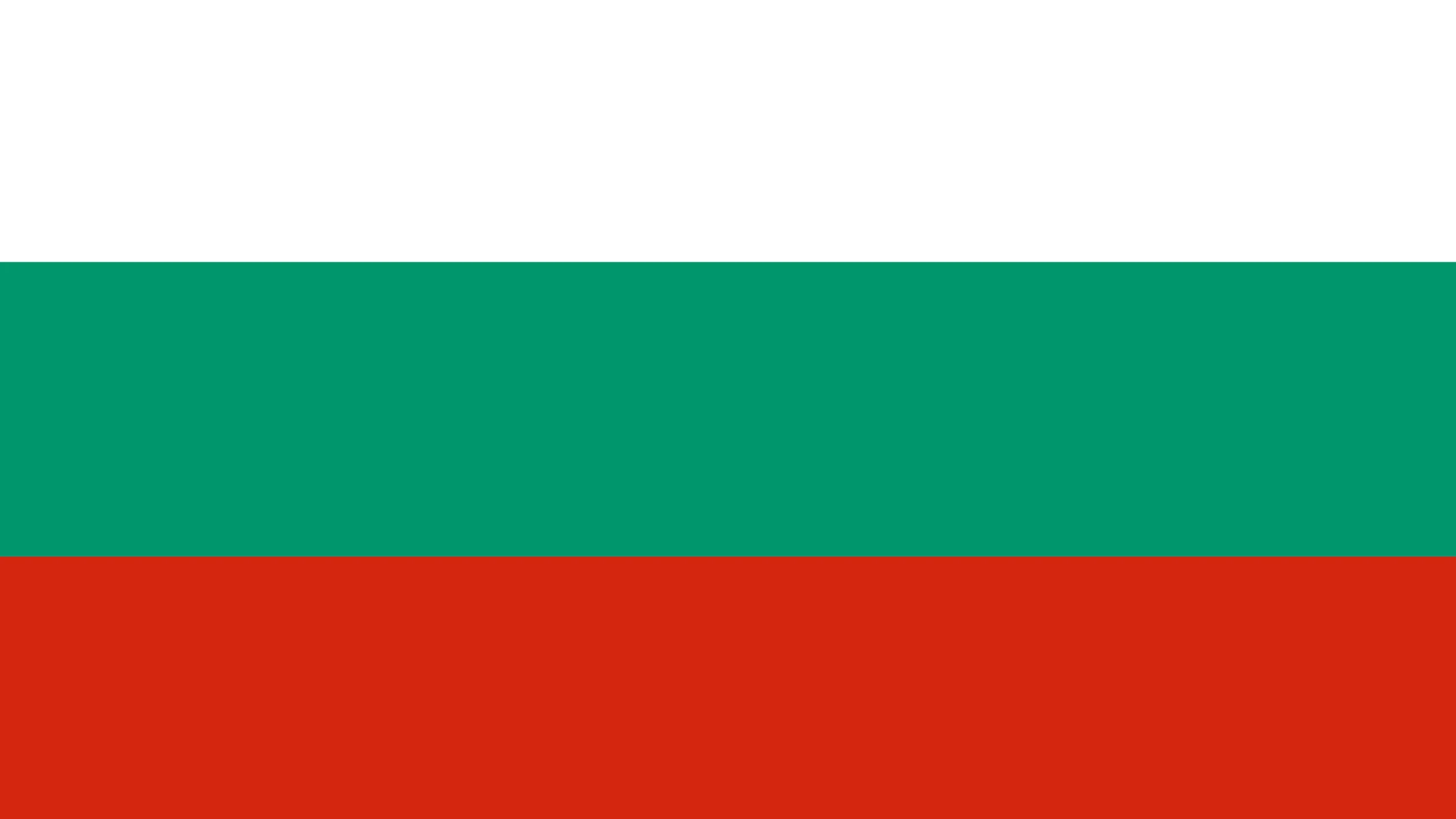
Bulgaria

Cyprus

Holy See

Kosovo

Moldova

Monaco
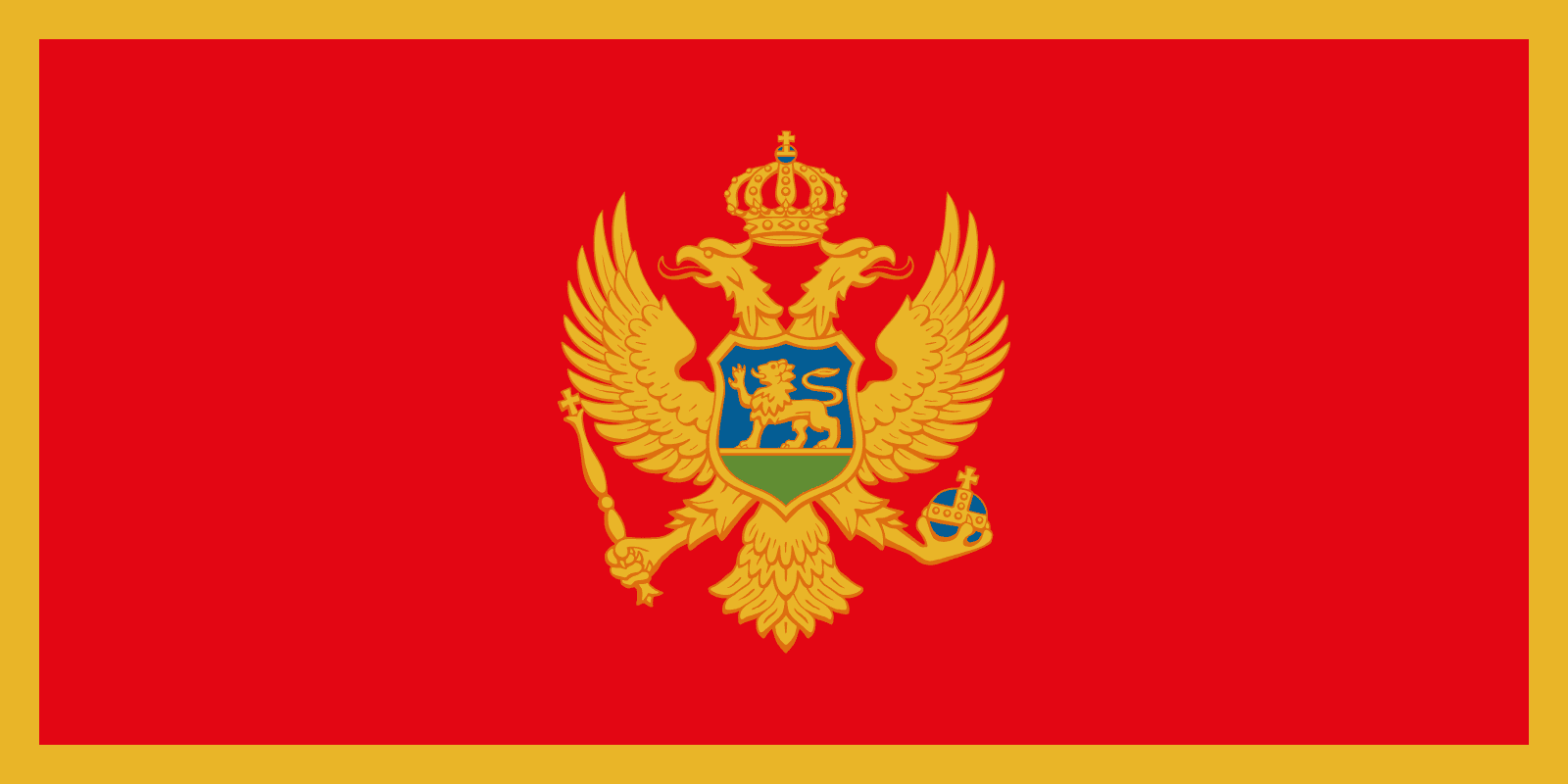
Montenegro

North Macedonia

Romania

Russia

San Marino

Serbia

Turkey

Ukraine
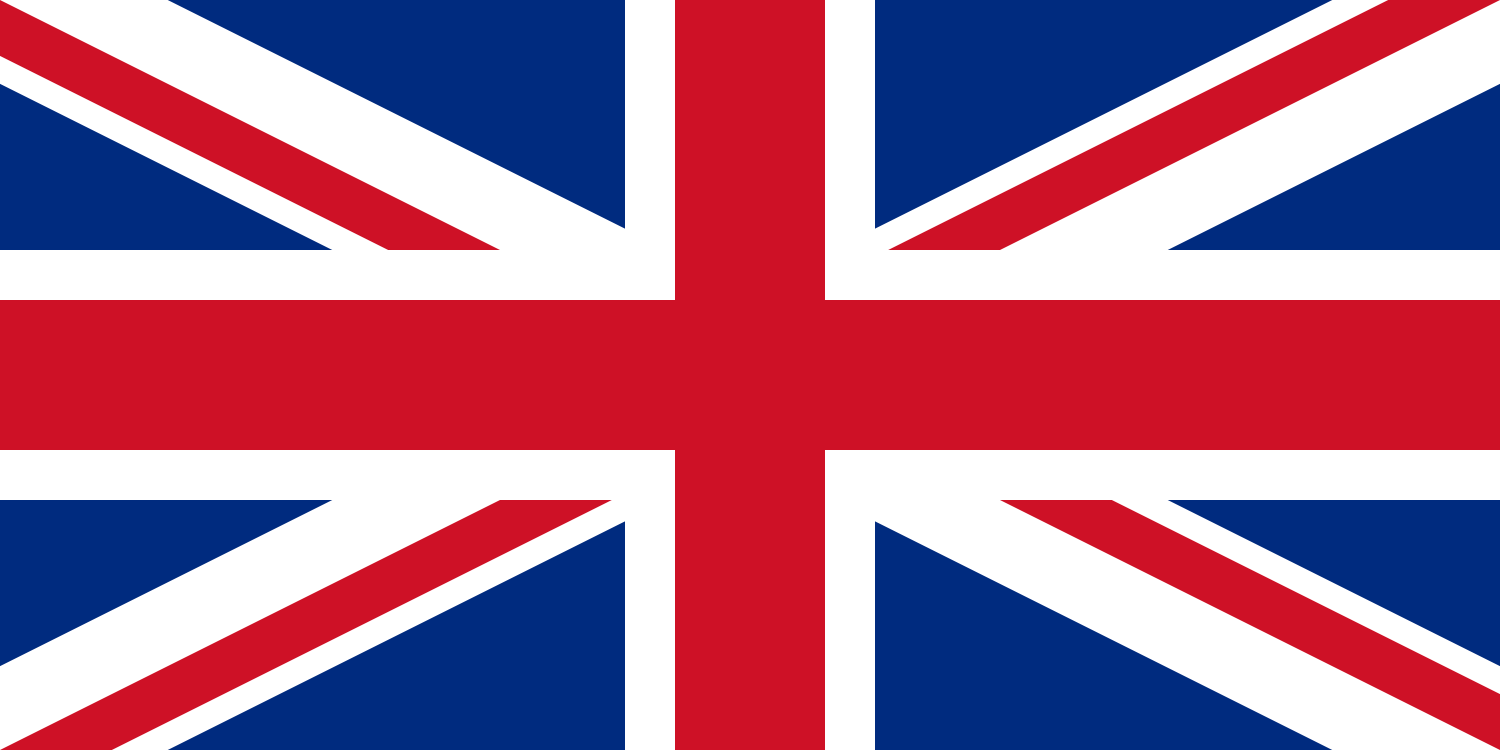
United Kingdom (UK)

Vatican City
Note: Travelers with a Schengen visa can visit some of the above countries despite them not being a part of Schengen. This includes countries like Albania, Belarus, Bulgaria, Cyprus, Romania, Turkey, and a few others. It is advisable to check their visa regulations before planning a trip.
European Countries Not in Schengen
The list of European countries not in Schengen is given below

Bulgaria

Croatia

Cyprus

Ireland

Romania

UK
Non-EU Schengen Countries
The European Union (EU) is a political & economic union of 27 European countries. Some countries are not part of the EU group but form part of the Schengen region. The list of non-EU Schengen countries is as follows
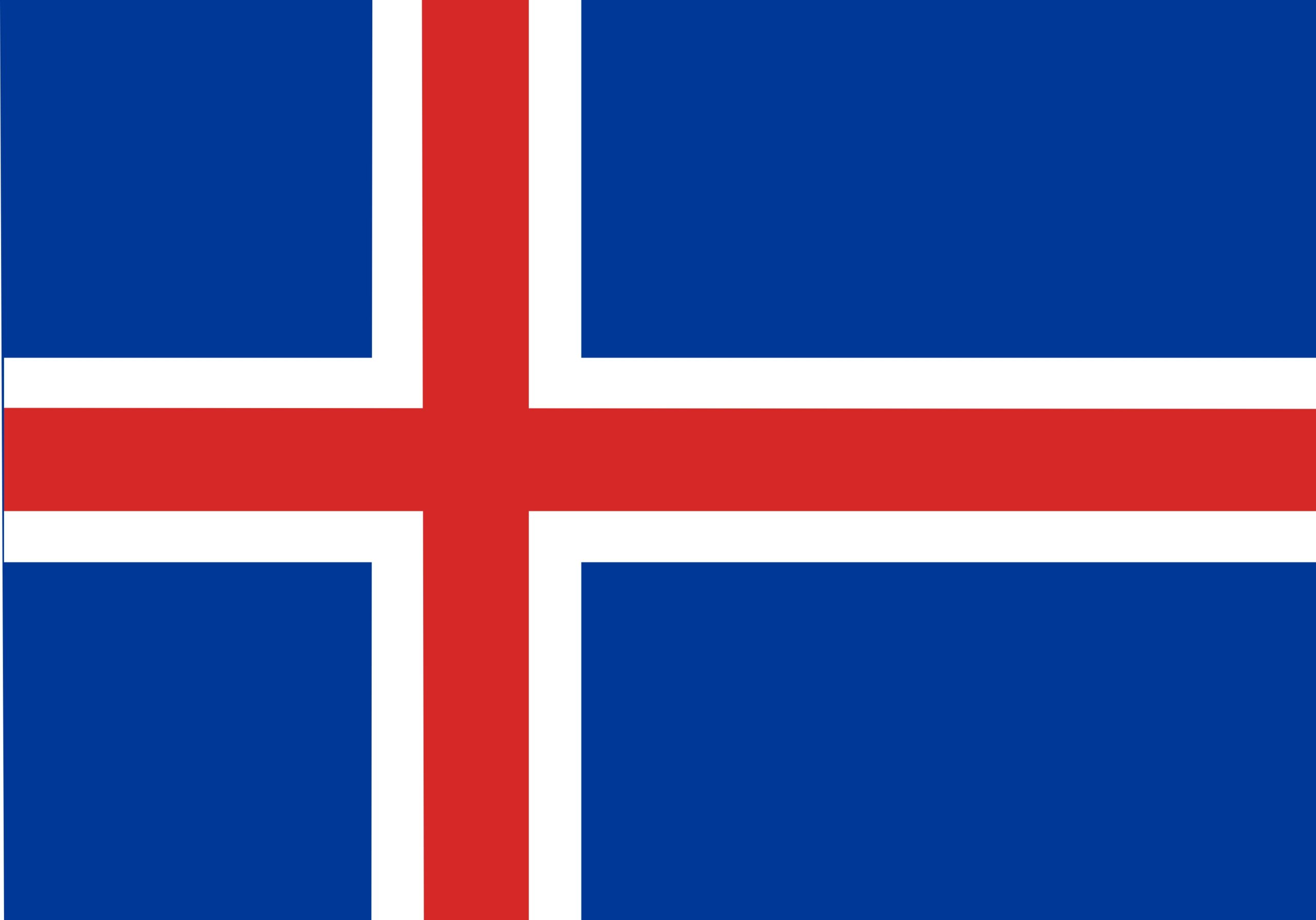
Iceland

Liechtenstein
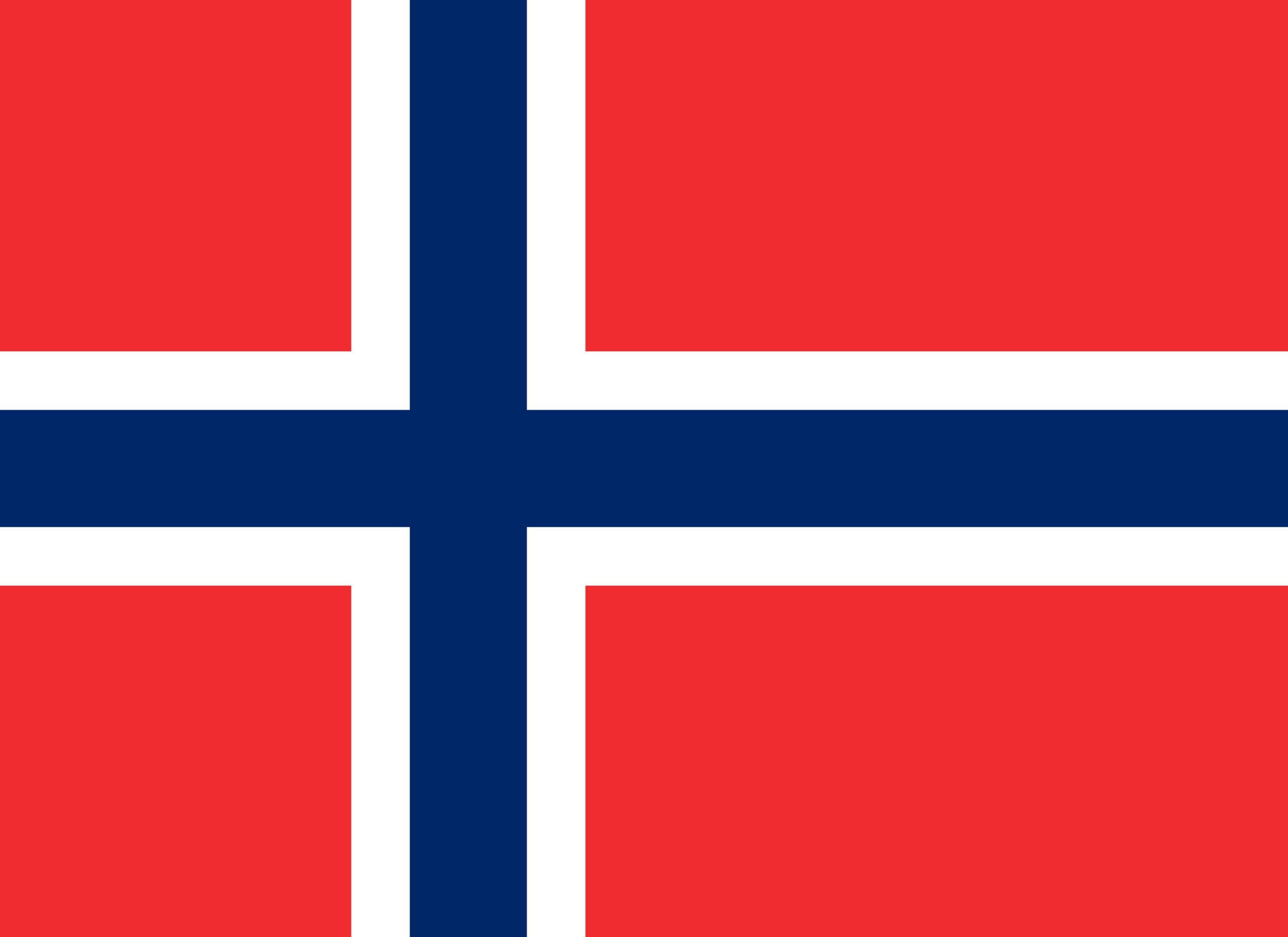
Norway

Switzerland
Visa Requirements for Non-Schengen Countries
The specific visa requirements for non-Schengen countries differ from one another. However, the basic principles of applying for and obtaining a visa remain the same. This includes a valid passport, travel insurance, sufficient financial resources, a declared travel itinerary along with arrangements for accommodation, and a legitimate purpose for the visit.
Countries in the non-Schengen area typically have restrictions on travellers from the Schengen zone. However, many of these countries are members of the European Union having an agreement for visa-free travel with Schengen countries. It is recommended that travellers diligently check the visa regulations of a specific country they plan to visit.
Why is Travel Insurance Important?
Travel Insurance is important for international travellers on account of the following reasons

Mandatory Requirement
Many countries have now made it mandatory for foreign travelers to purchase travel insurance before applying for a visa. Your visa application will not be accepted without adequate travel insurance.

Provides Health Insurance
In case of emergencies, lack of proper treatment may worsen the health condition and result in fatalities. Health insurance is essential to cover the risk of medical emergencies while travelling abroad. It covers the expenses of hospitalization, medication, and evacuation if necessary.

Coverage for Unforeseen Events
Unavoidable flight delays and trip cancellations lead to heavy financial losses for international travelers. Travel Insurance covers such risks and alleviates your financial burden.

Covers Inconveniences Abroad
Travelers may face several inconveniences such as loss of travel documents, personal belongings, cash, and theft in a foreign land. Travel Insurance provides immediate support to deal with such mishaps.

Covers Third-Party Claims
Legal claims can arise if you inadvertently cause loss or damage to other people or their properties during your stay abroad. Travel Insurance is helpful to cover such expenses.
Frequently Asked Questions about Non-Schengen Countries
Why are some European countries not part of the Schengen agreement?
Some European countries, like the UK, Turkey, Russia, Ukraine, etc., are not part of the Schengen agreement. Most of these countries desired to maintain independent control over their borders and opted to stay out of Schengen. They have separate visa and immigration policies.
How can international travellers visit non-Schengen European countries?
International travelers who plan to visit any of the non-Schengen European countries should apply specifically to that country and get the visa. The visa policy may vary slightly among these countries. Some non-Schengen countries do allow you to visit with a Schengen visa. Please refer to the details on the official website of the embassy.
Do I need a separate visa to visit Switzerland?
Although Switzerland is not part of the European Union (EU), it is very much a part of Schengen. So you can visit Switzerland with a Schengen visa.
Is travel insurance mandatory to visit non-Schengen European countries?
The requirement for travel insurance may differ among countries in the non-Schengen area. Even if it is not mandatory, foreign travelers should obtain travel insurance to protect themselves against unforeseen events.
Disclaimer: The nations, visa costs, and other information presented here are derived from a variety of sources. This is not a recommendation or promotion from Prominent Insurance Brokers. Before purchasing your tickets or requesting a visa, please confirm the same.






